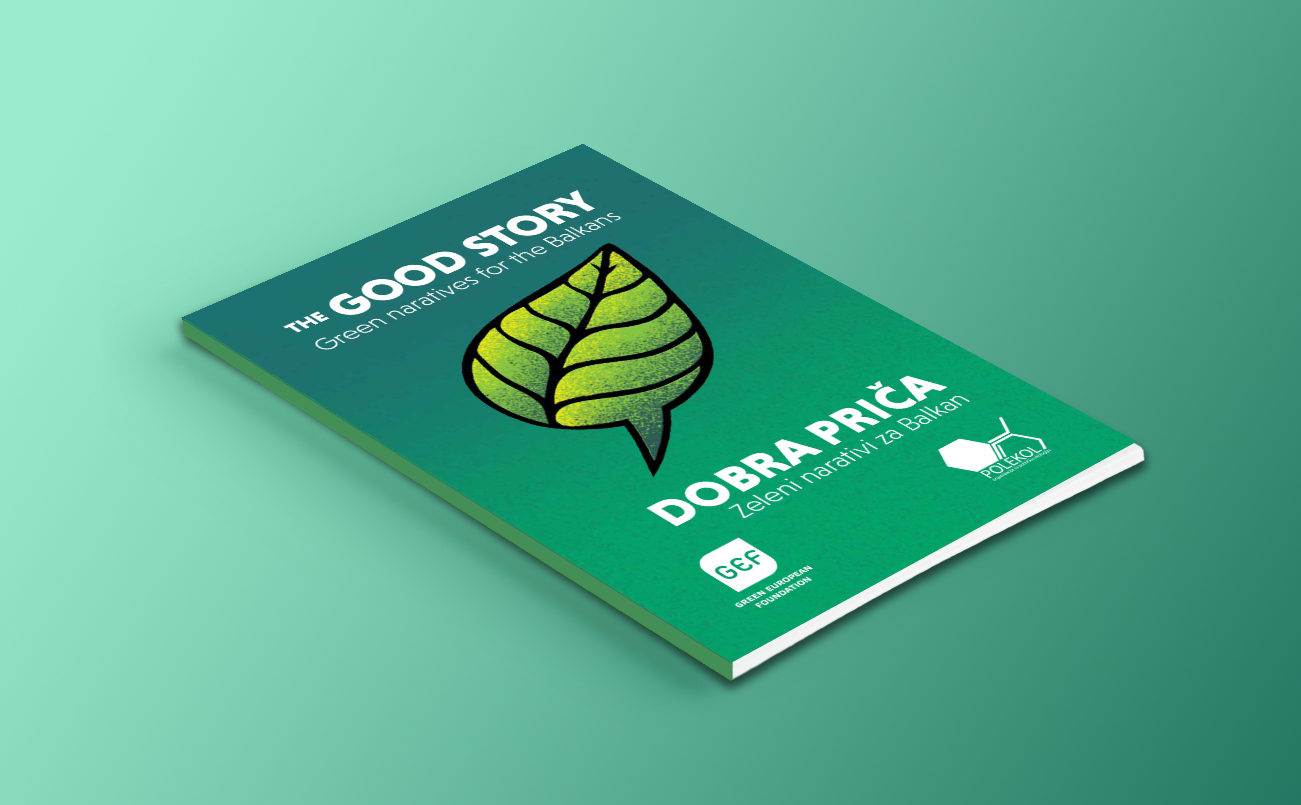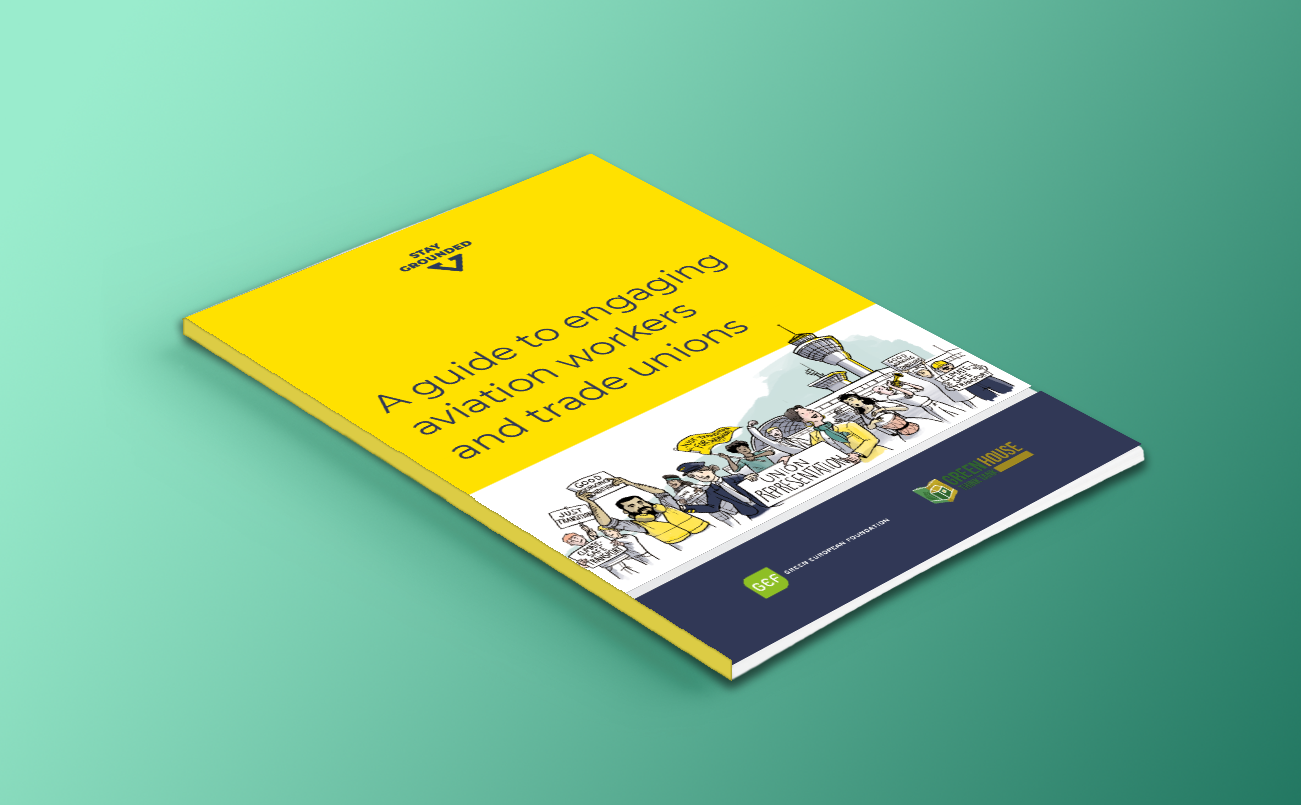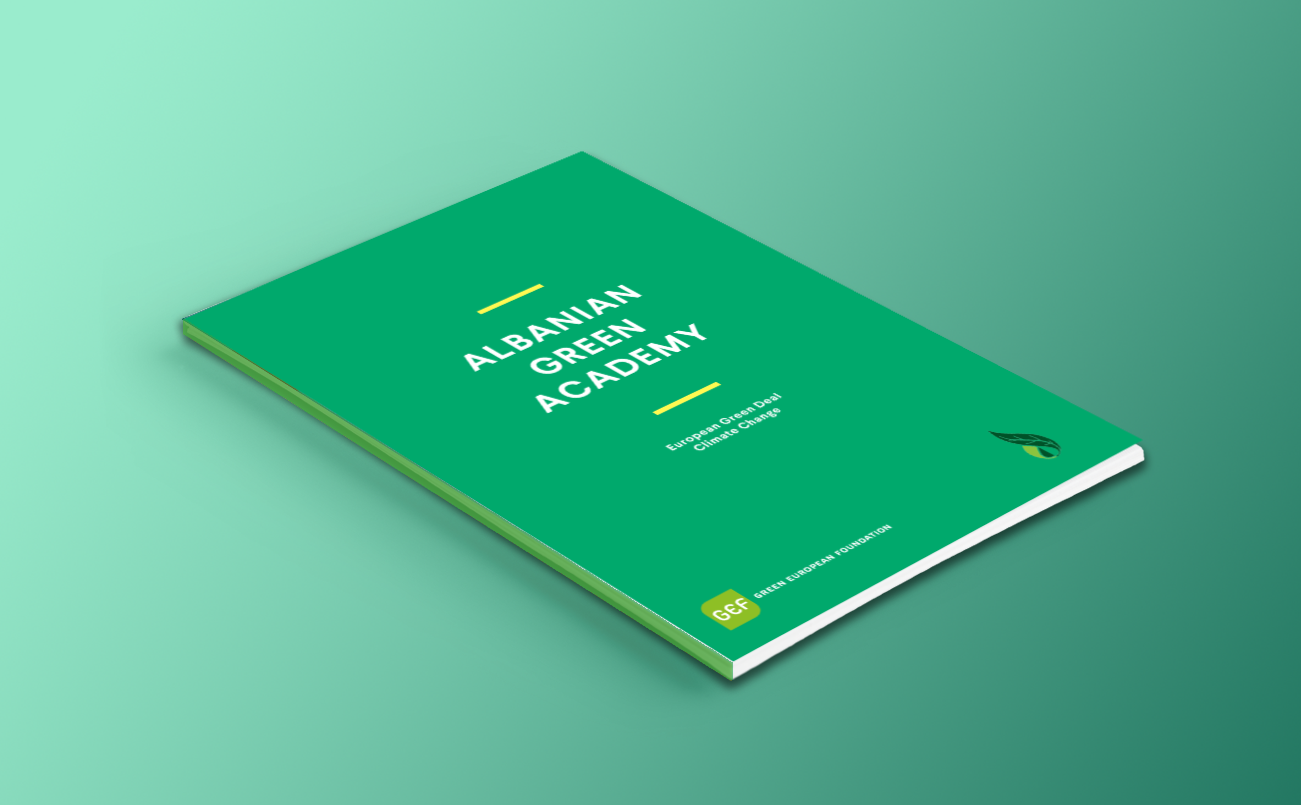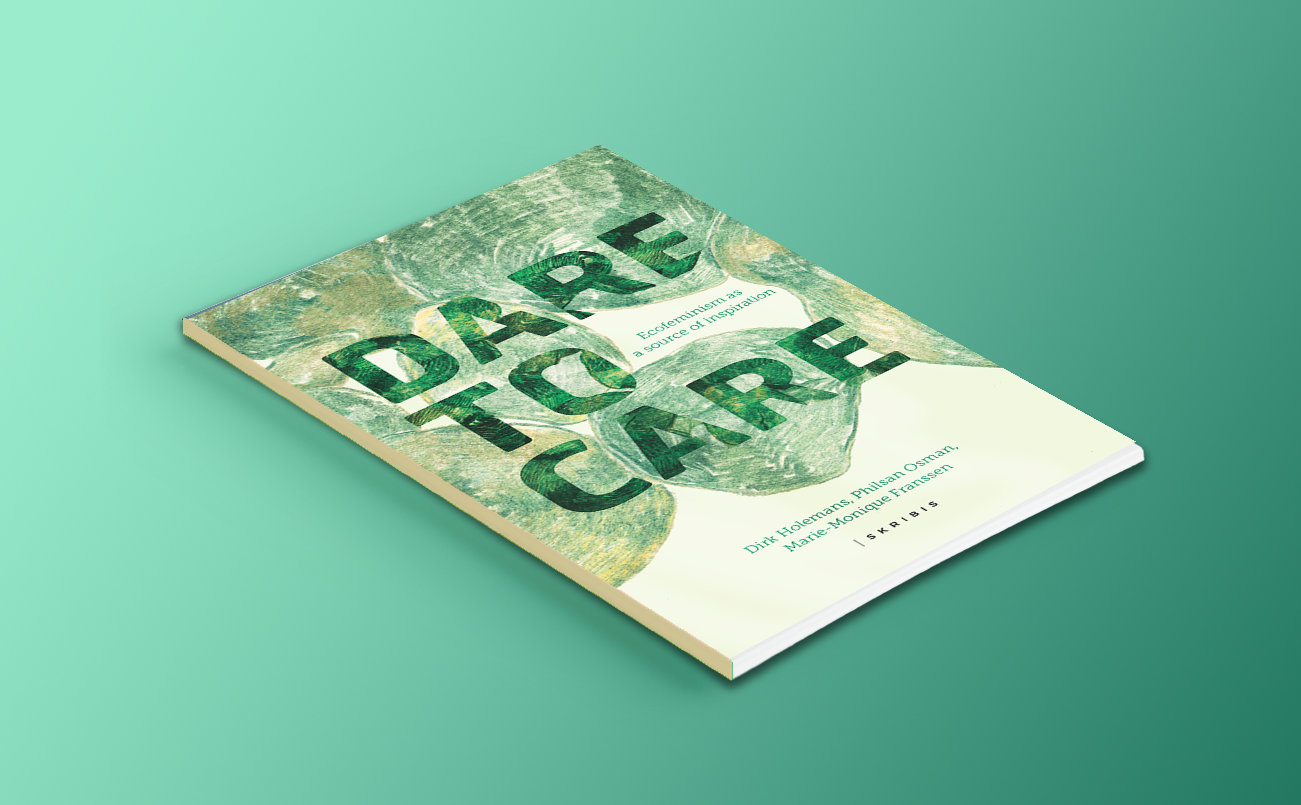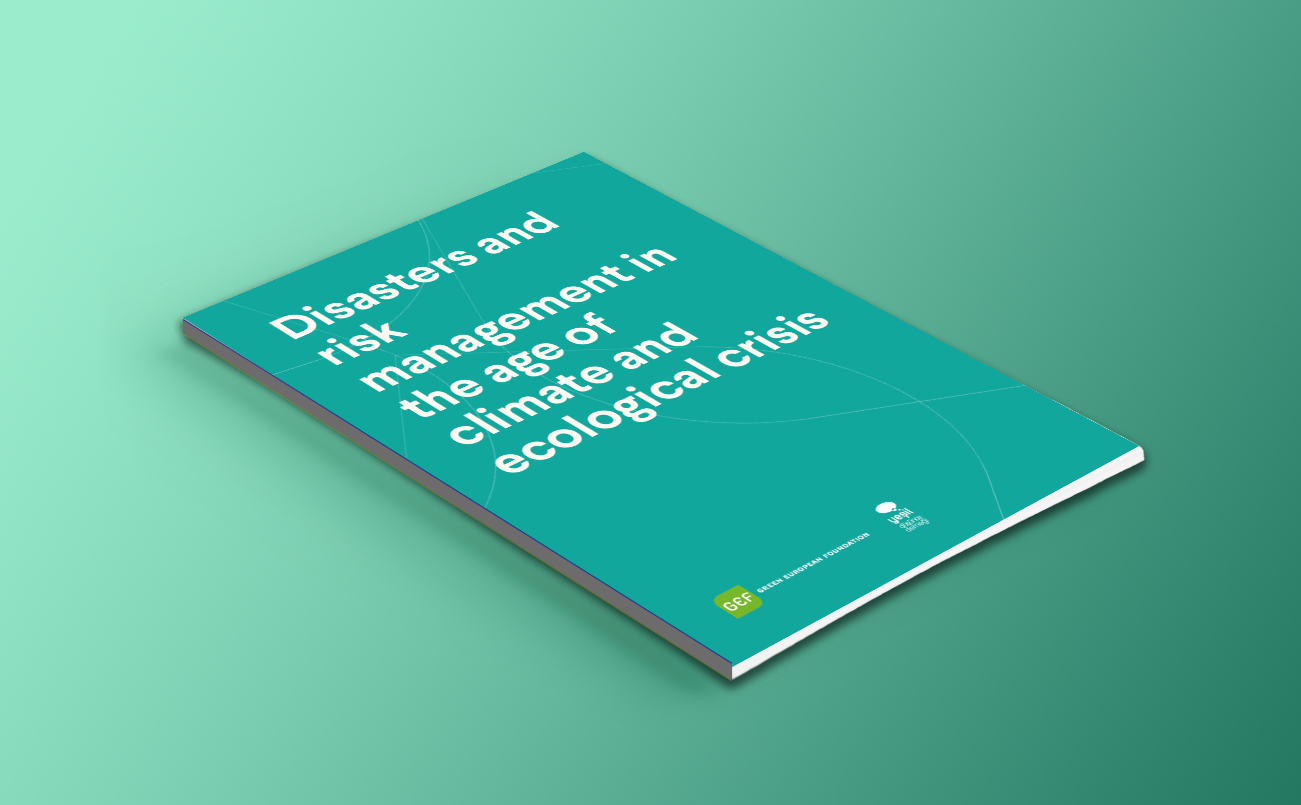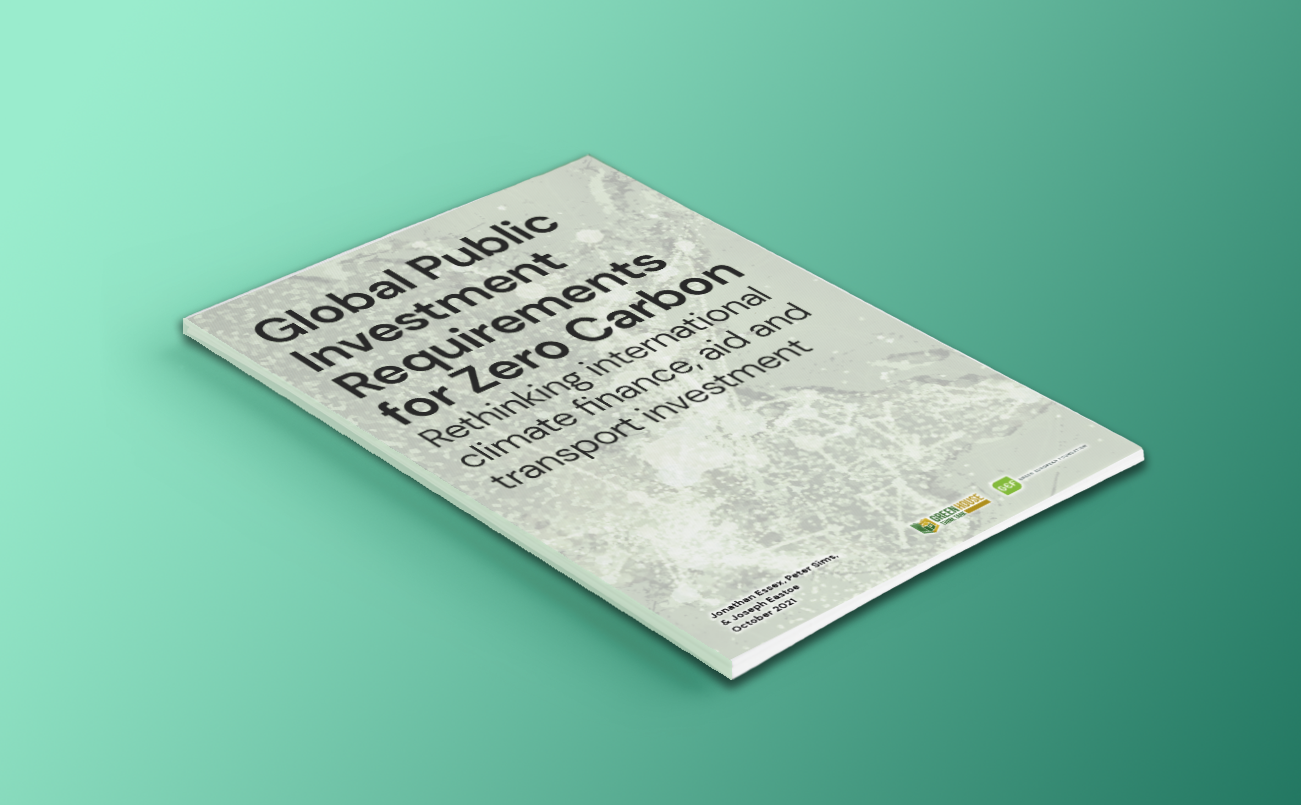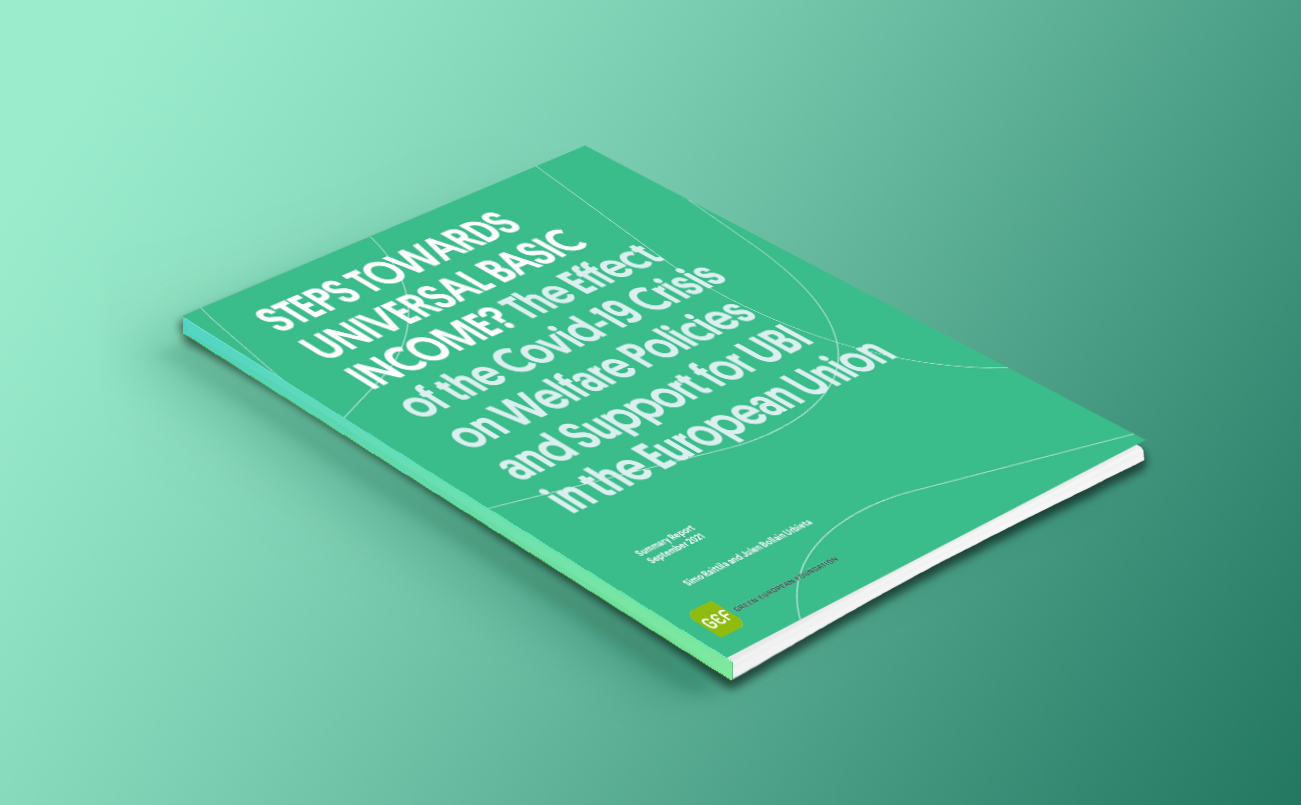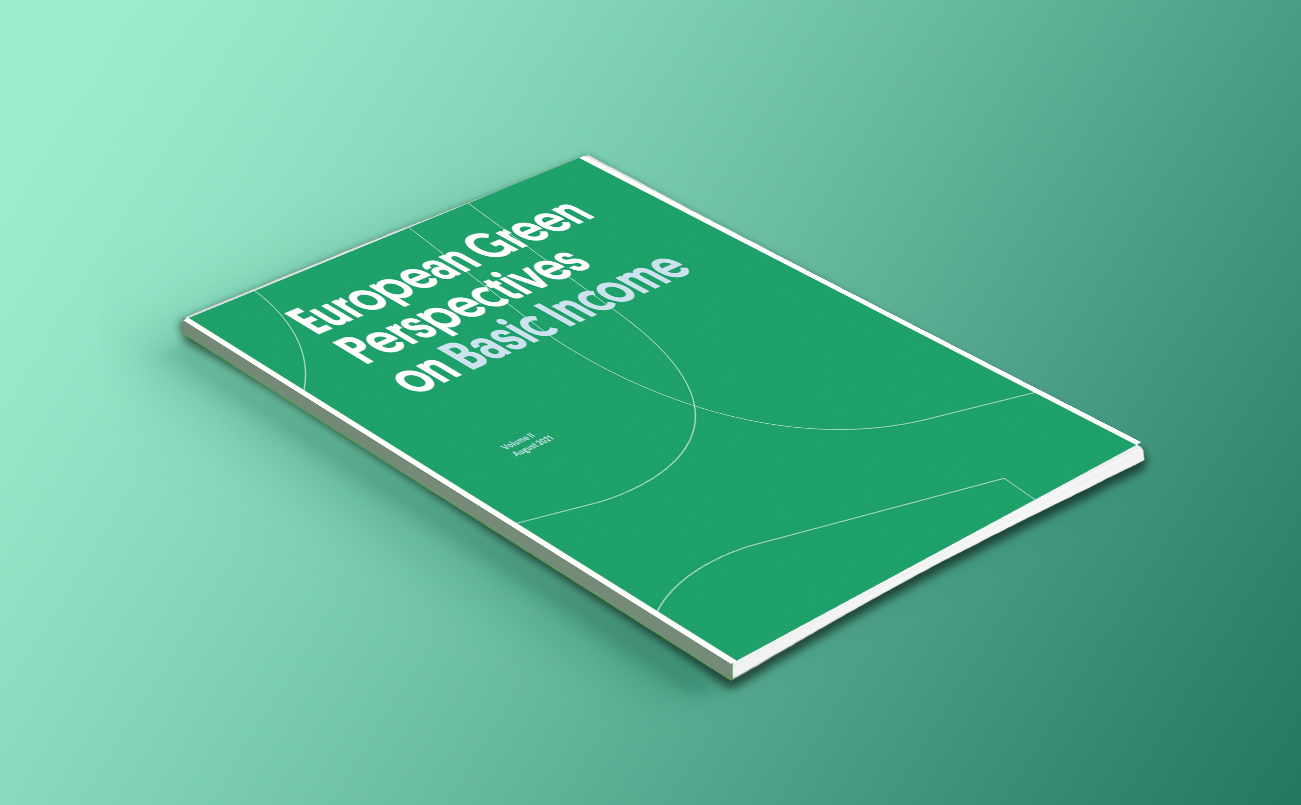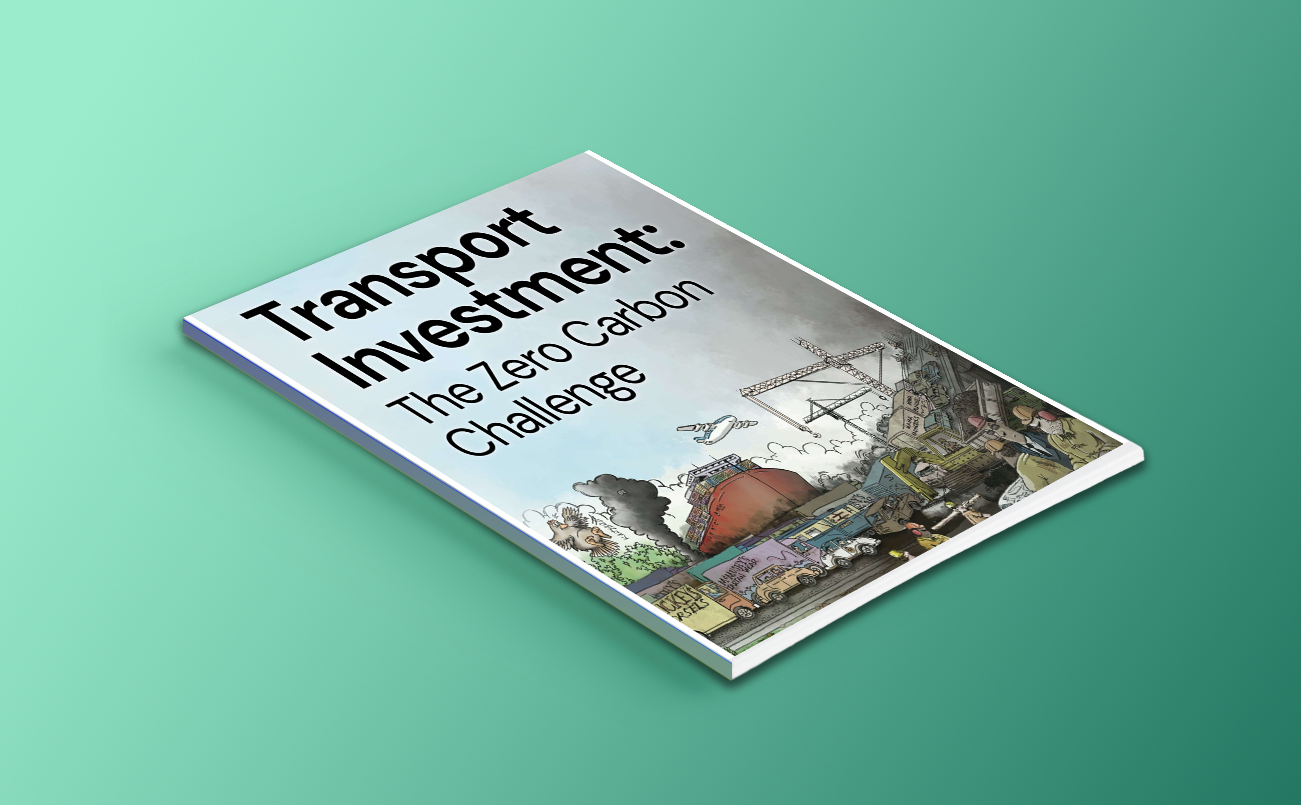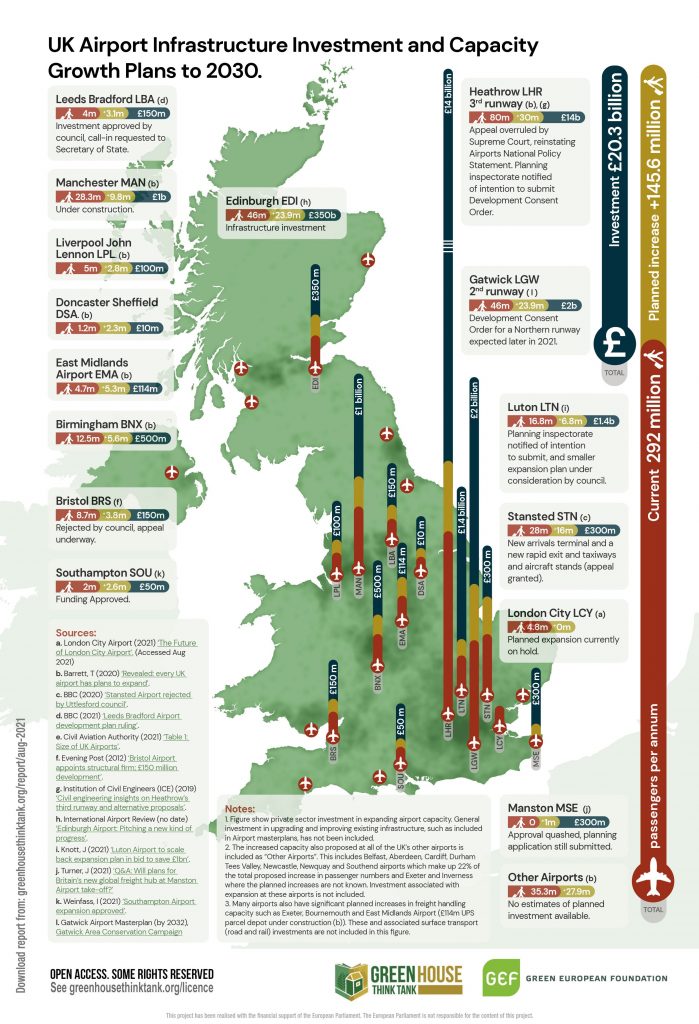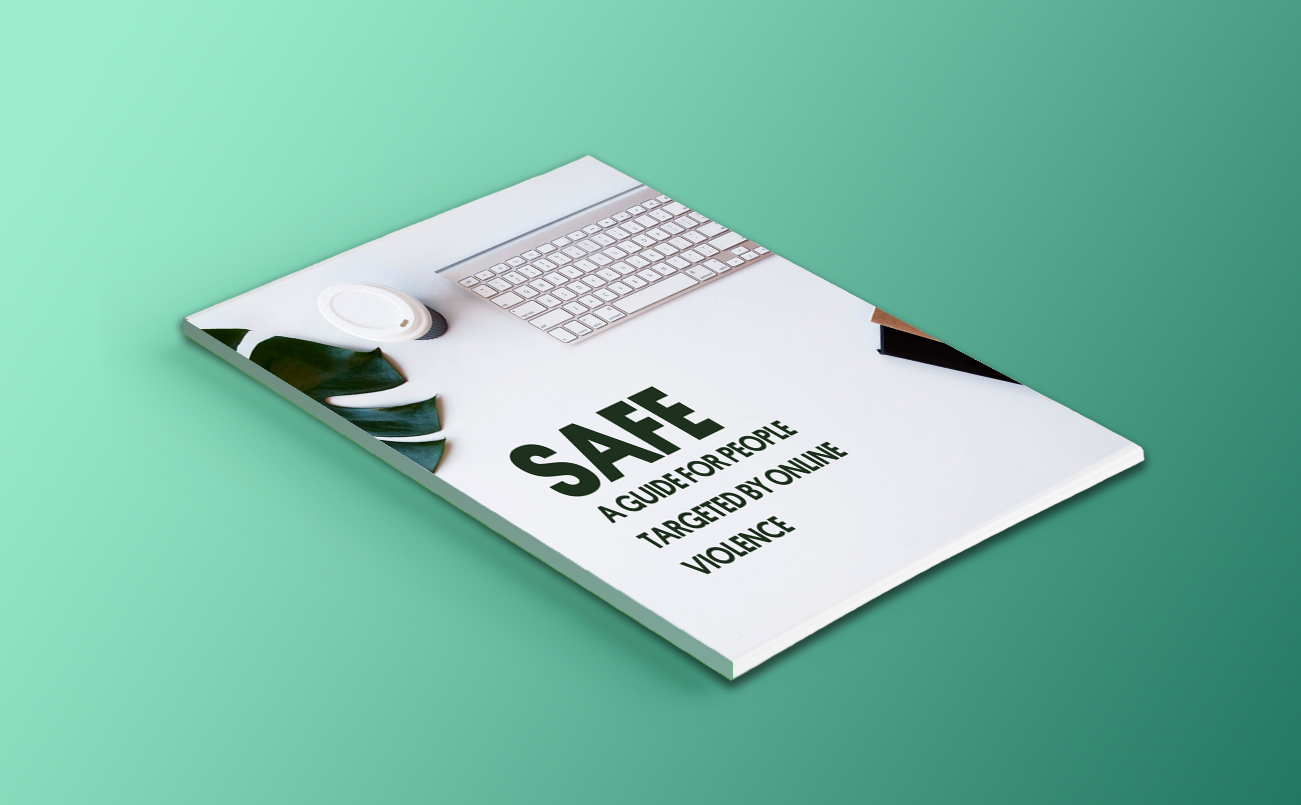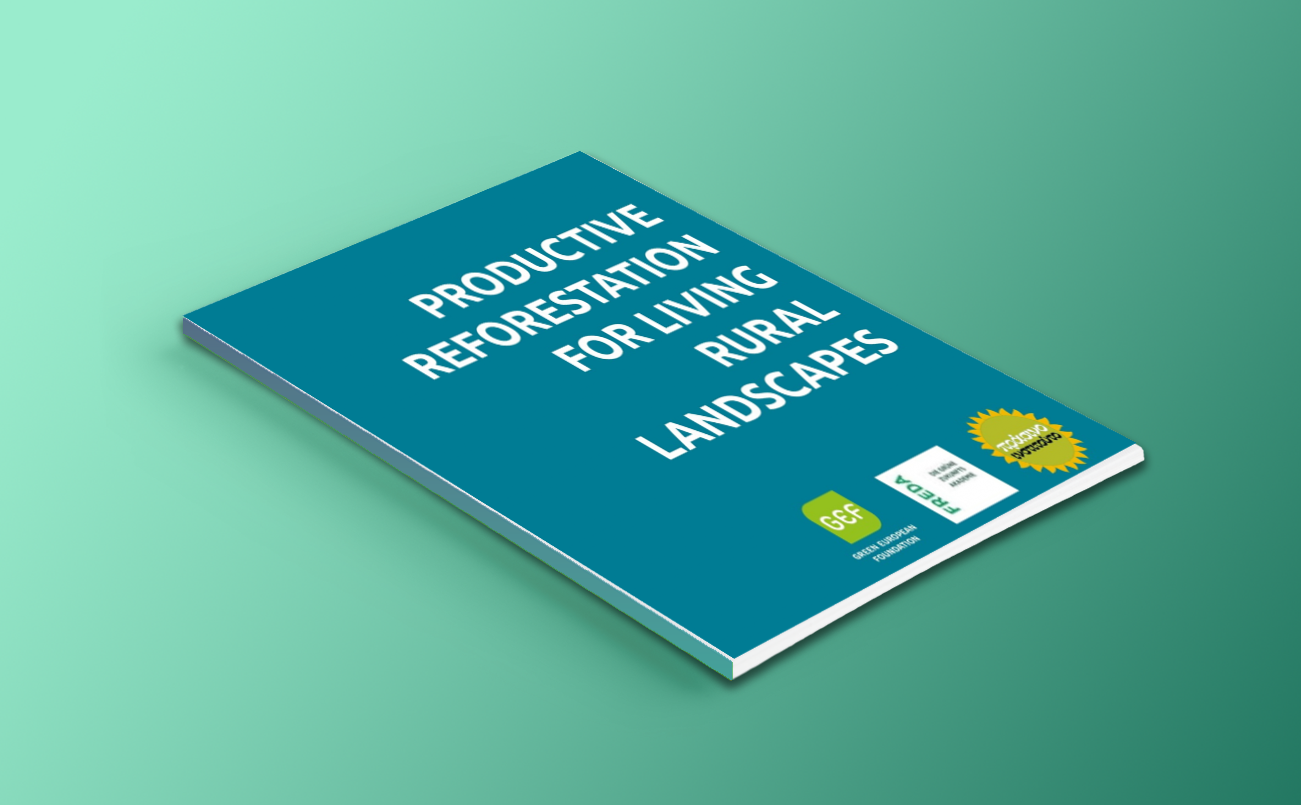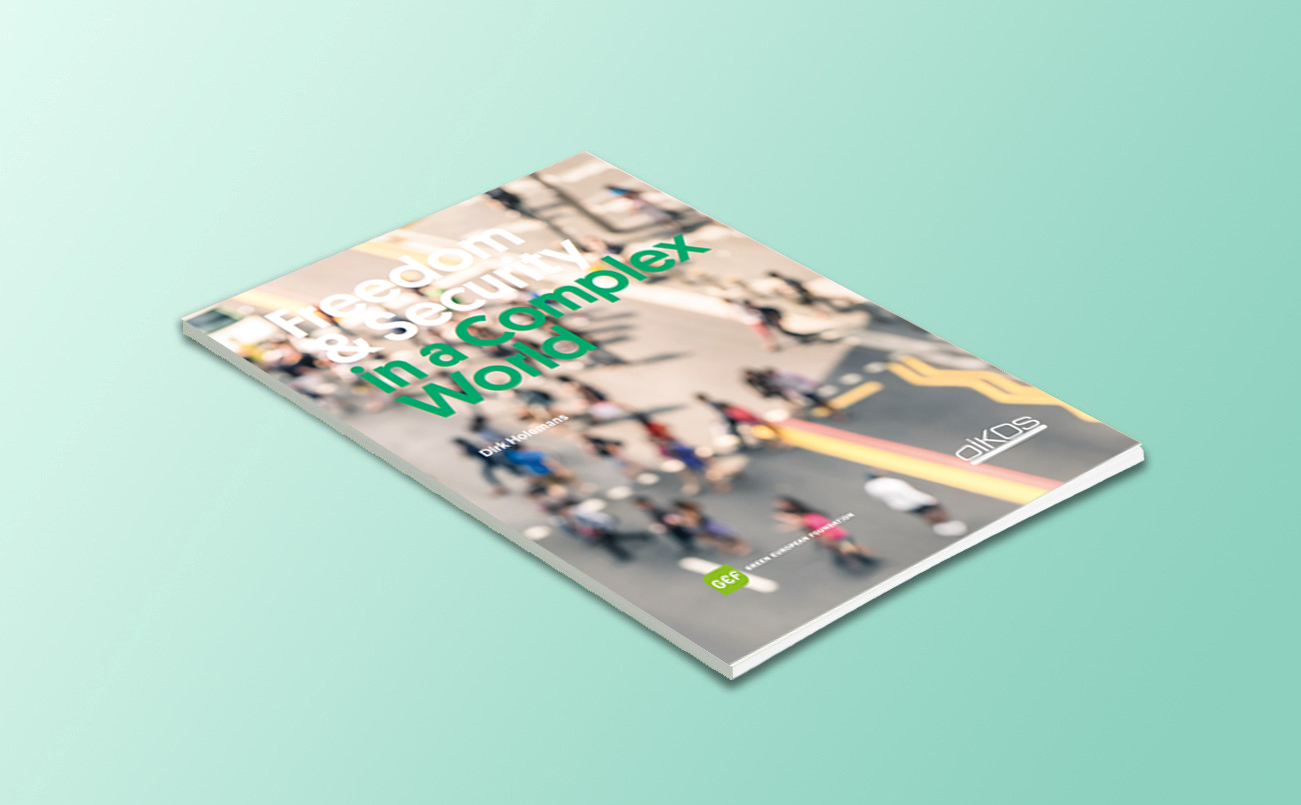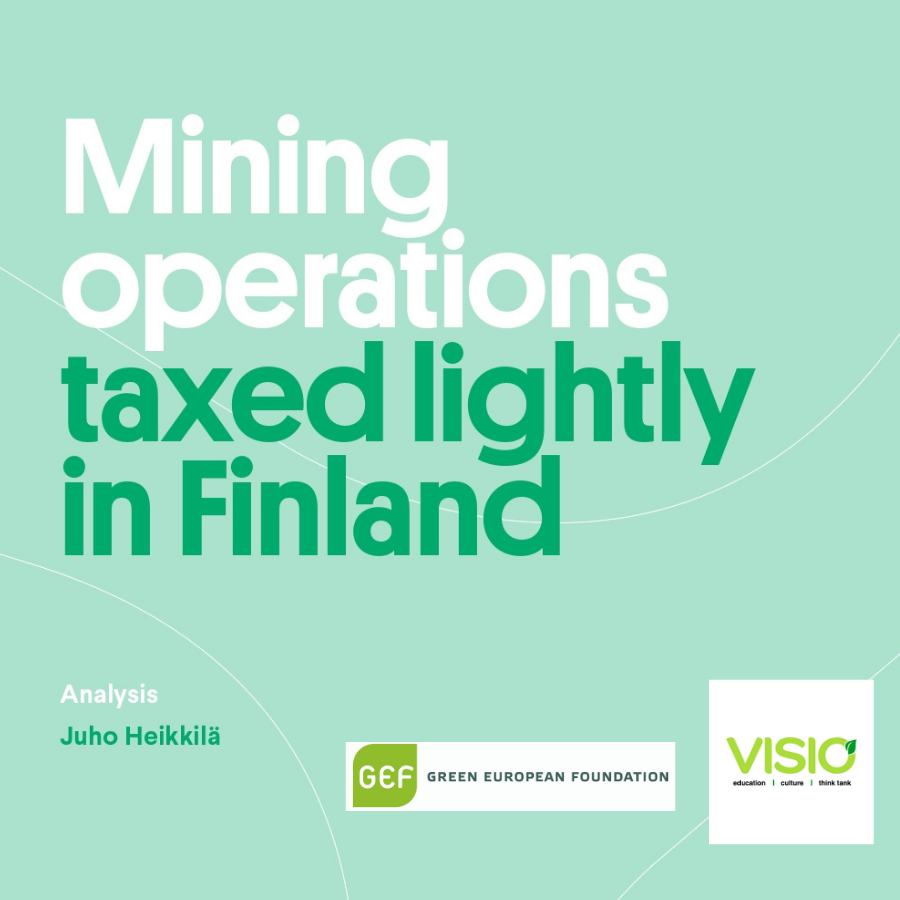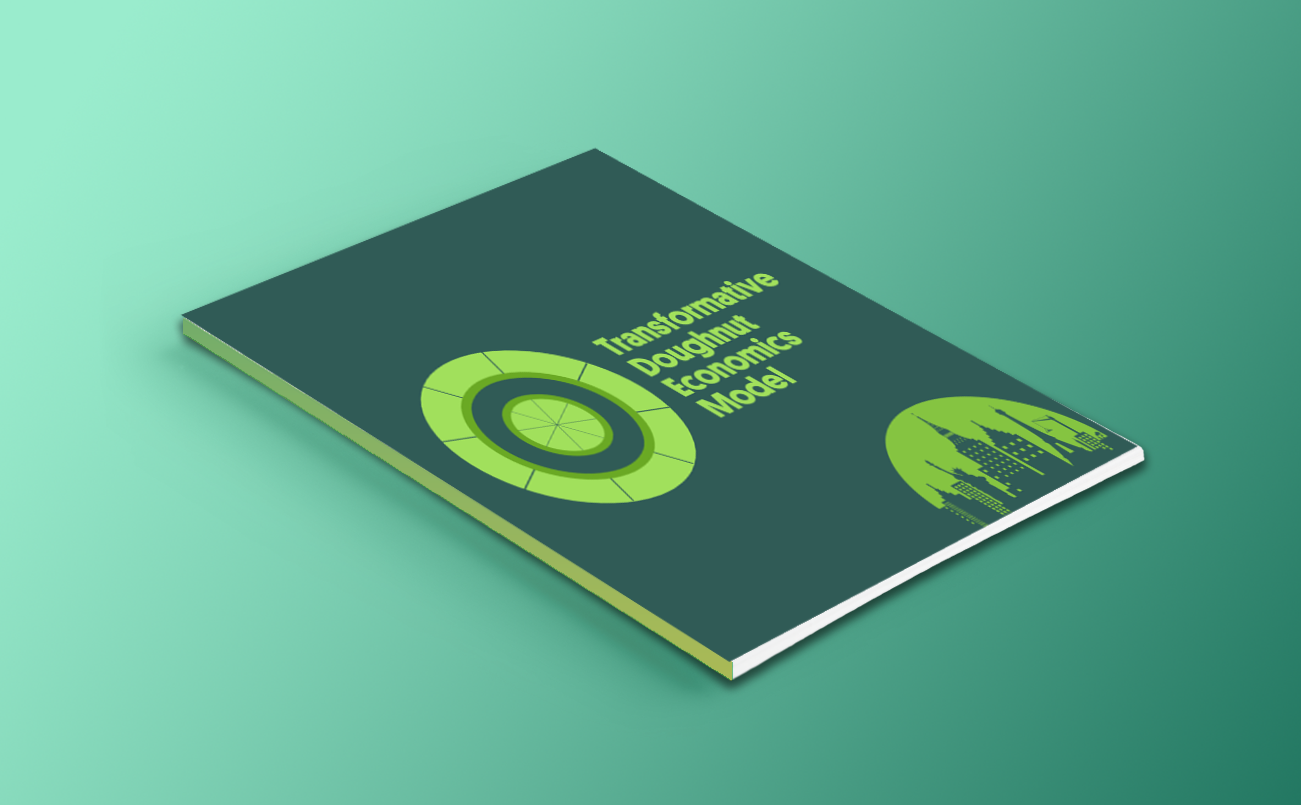
Context
TikTok has become a primary social media platform. It has allured many young social media users (under the age of 18), at an age when conspiracy theories are more likely than ever to take hold. With a never-ending newsfeed and easy redistribution tools, the platform has become a breeding ground for fake news, conspiracy theories and theorists, for long under the radar. But since it is now a key actor in our social media landscape, used more and more for political objectives, non-profit organisations and activists need to address this dangerous trends .
Since it is getting increasingly harder to find reliable information online where the lines between reality and fiction blur, what can we do about this, especially in a digital age when everyone has access and is exposed to conspiracy theories?
This toolkit was drafted after the implementation of the “Anti-conspiracy theories on TikTok” project in January 2022, looking at how could young European activists and non-profits use TikTok to combat existing conspiracy theories and prevent the rise of new ones. And this is a new tool, a starting point for anyone interested in learning about this platform and in debunking and combatting fake news on social media in general.
Download
Also available in Turkish
Also available in Croatian

